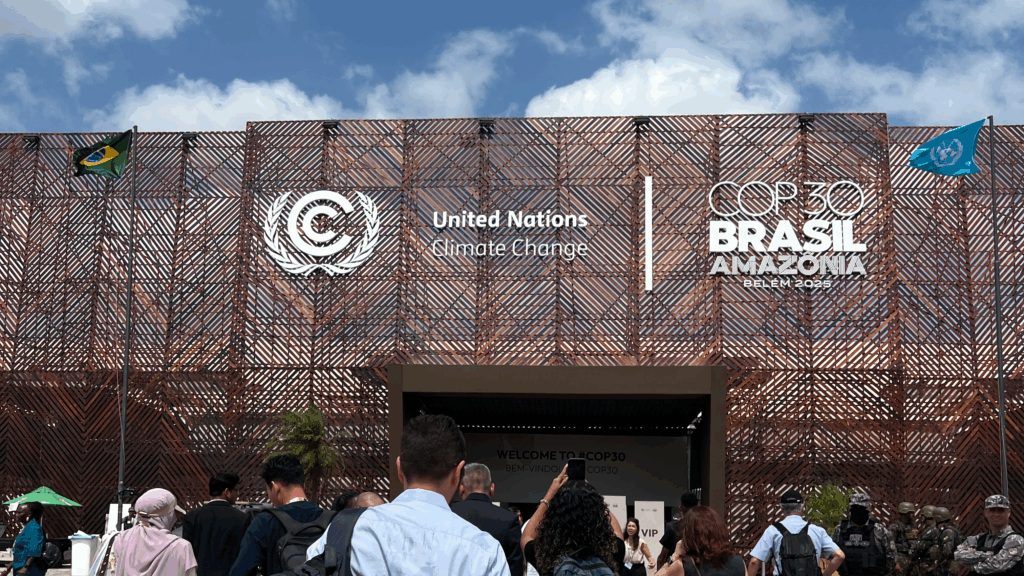
Population, Health and Environment (PHE) approach in climate change policies: the Philippines‘ experience
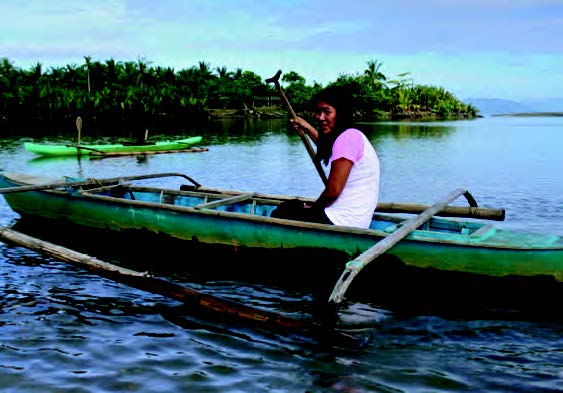
Description of the project:
PATH Foundation Philippines, Inc. (PFPI) implemented the Population, Health and Environment and Climate Change Project in the Philipppines‘ Verde Island Passage. Verde Island is a key marine biodiversity area threatened by overfishing, pollution and climate change. The goal of the project is to mainstream sexual and reproductive health and rights (SRHR) into climate change policy and practice. The project applied a developmental approach (PHE) that forges multisectoral collaboration and partnership, employs multiple interventions to address SRHR needs (family planning), biodiversity loss, poor health and food insecurity to foster climate resilient communities.
Climate Impact:
Women play a critical role in achieving climate change resilience. PFPI’s scoping study results show that women are central to conceiving and implementing solutions. Planning their families, managing the resources and being pro-health and pro-environment advocates in their own communities will help to build resilience to climate change. All of which will contribute to a better future for their children. The women also highlighted that collaboration and agrrements between communities will create synergy in community actions and results.
Gender Impact:
At the core of the population, health , environment and climate change nexus is the ”burden on the woman“. Fishing communities in the Verde Islands experience declining fish catch, depleting potable water and poor health. Lack of livelihood options, loss of family income and food insecurity drive women to engage in multiple jobs and to work longer hours to supplement the family’s income. The project adresses women’s needs and rights as well as family planning in a participatory approach, helping them in identifying coping strategies.
Scalability /replicability:
Since 2000, PFPI designed and implemented community based programs applying PHE as a development approach to address the inter-relationships betwenn population, health and environment dynamics. The goal is to improve eco-human well being. Policy and decisionmakers in the project affirm the need to mainstream PHE approach in policies and programs to achieve climate resilient territories. PHE approach can be replicated and scaled-up via best practice sharing and lessons learned.
read the latest from our network
We work across regions and movements in deep solidarity. Together, we’re building collective advocacy to global problems.


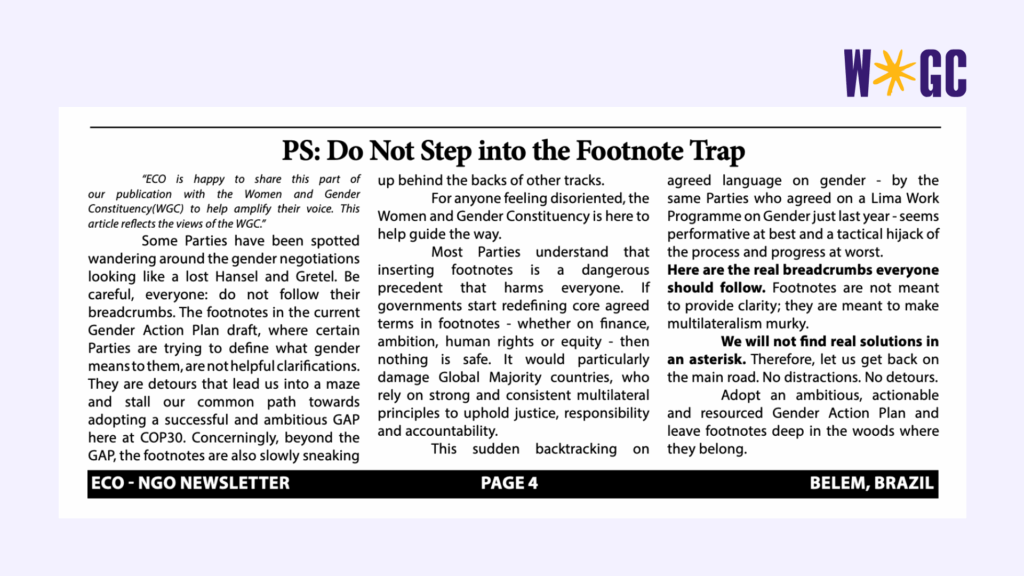
PS: Do Not Step into the Footnote Trap
19/11/2025
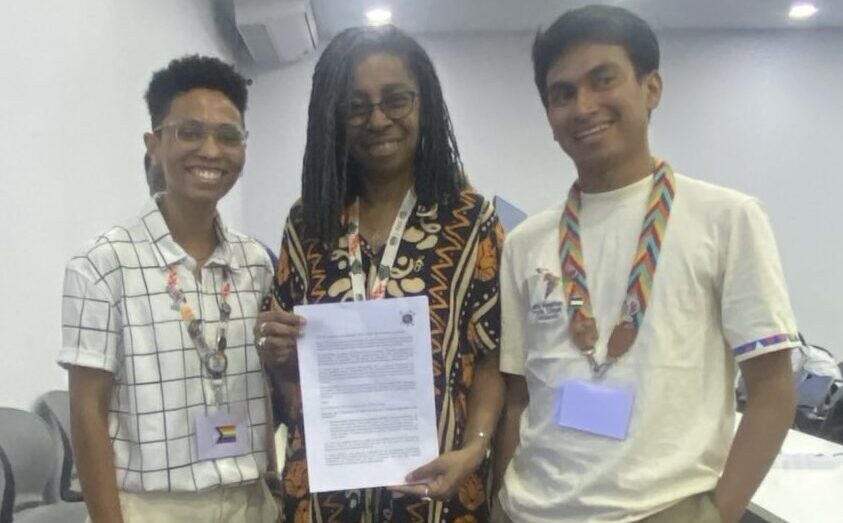
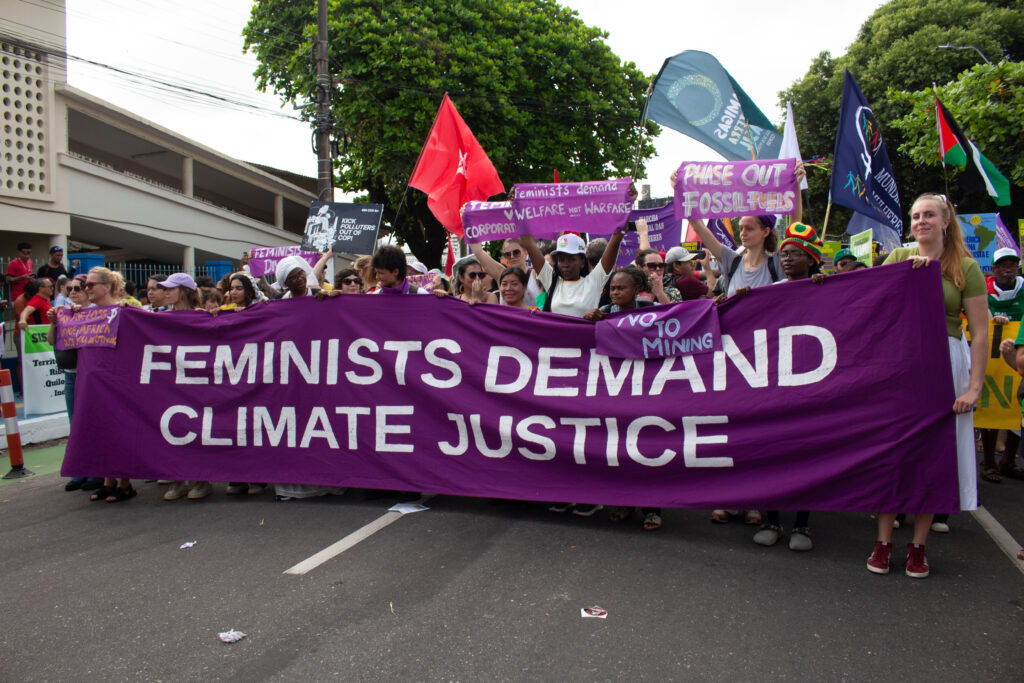
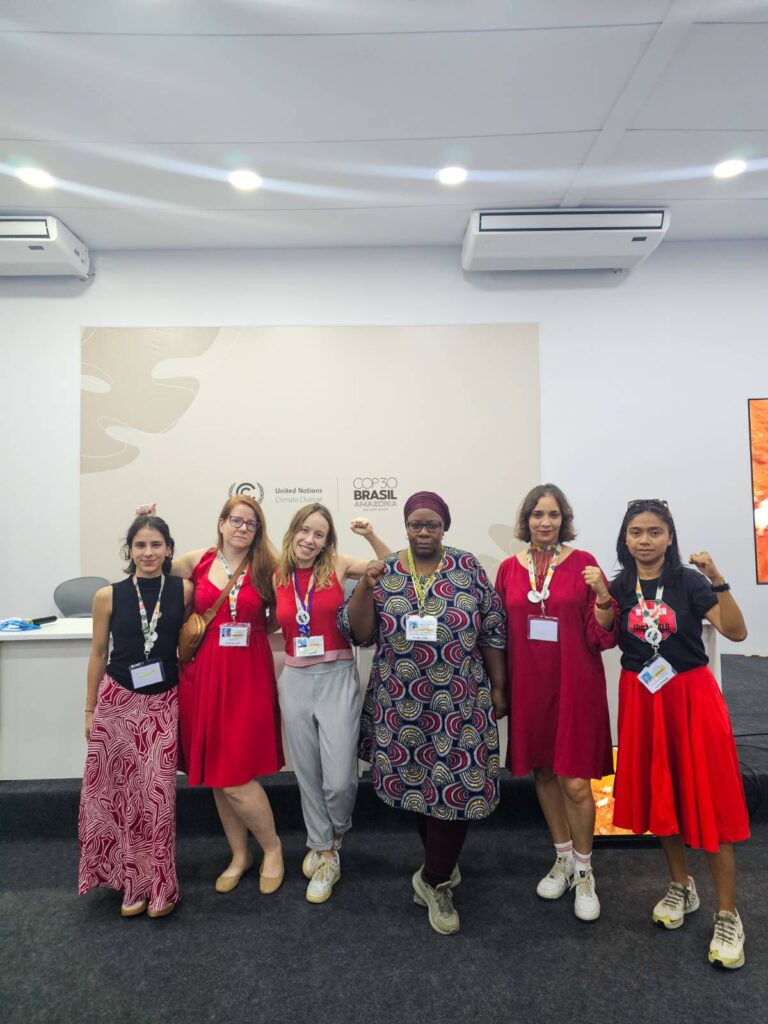

Gender Just Climate Action requires truth
12/11/2025


Nov 11 Action Alert: Gender Justice Day
10/11/2025

